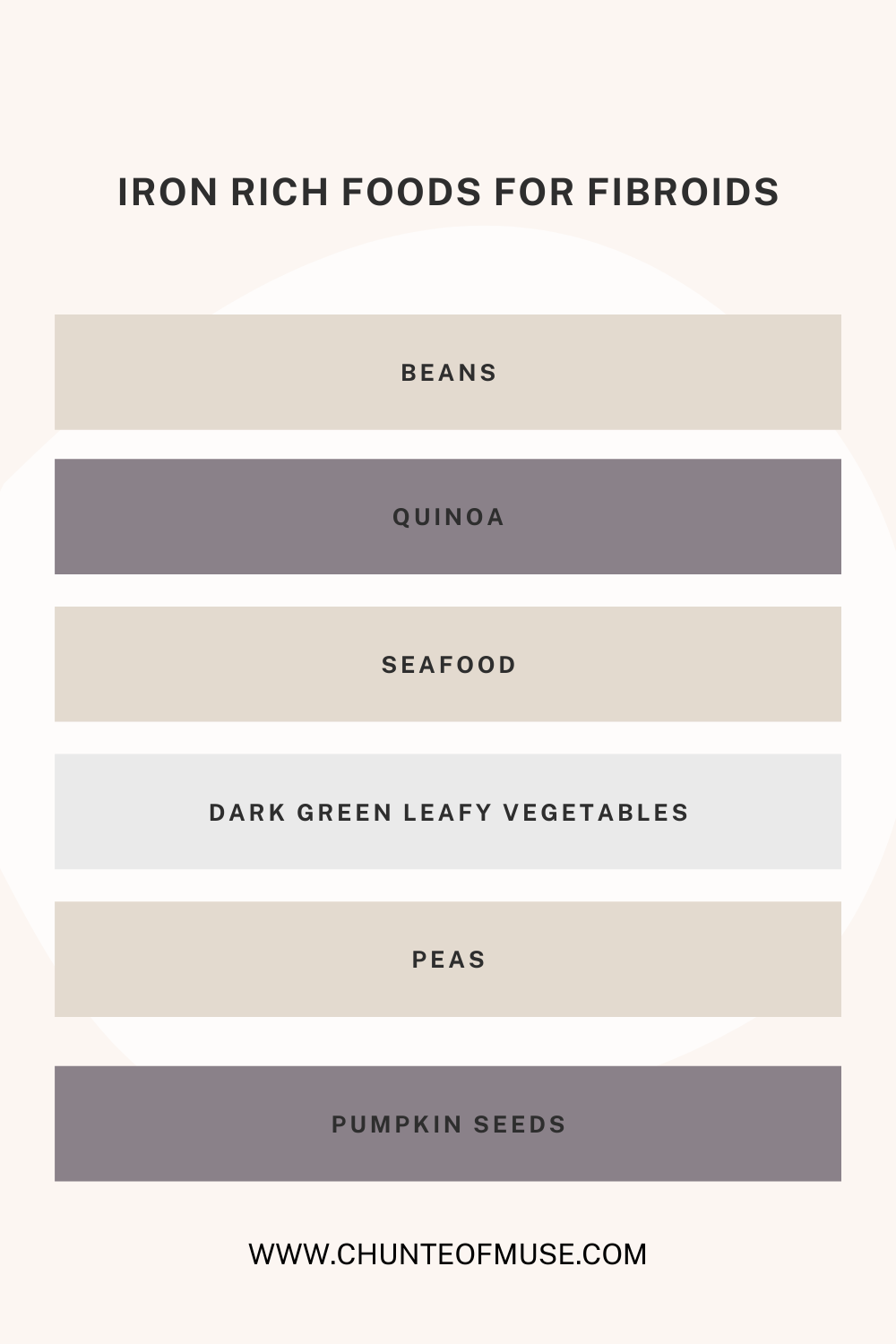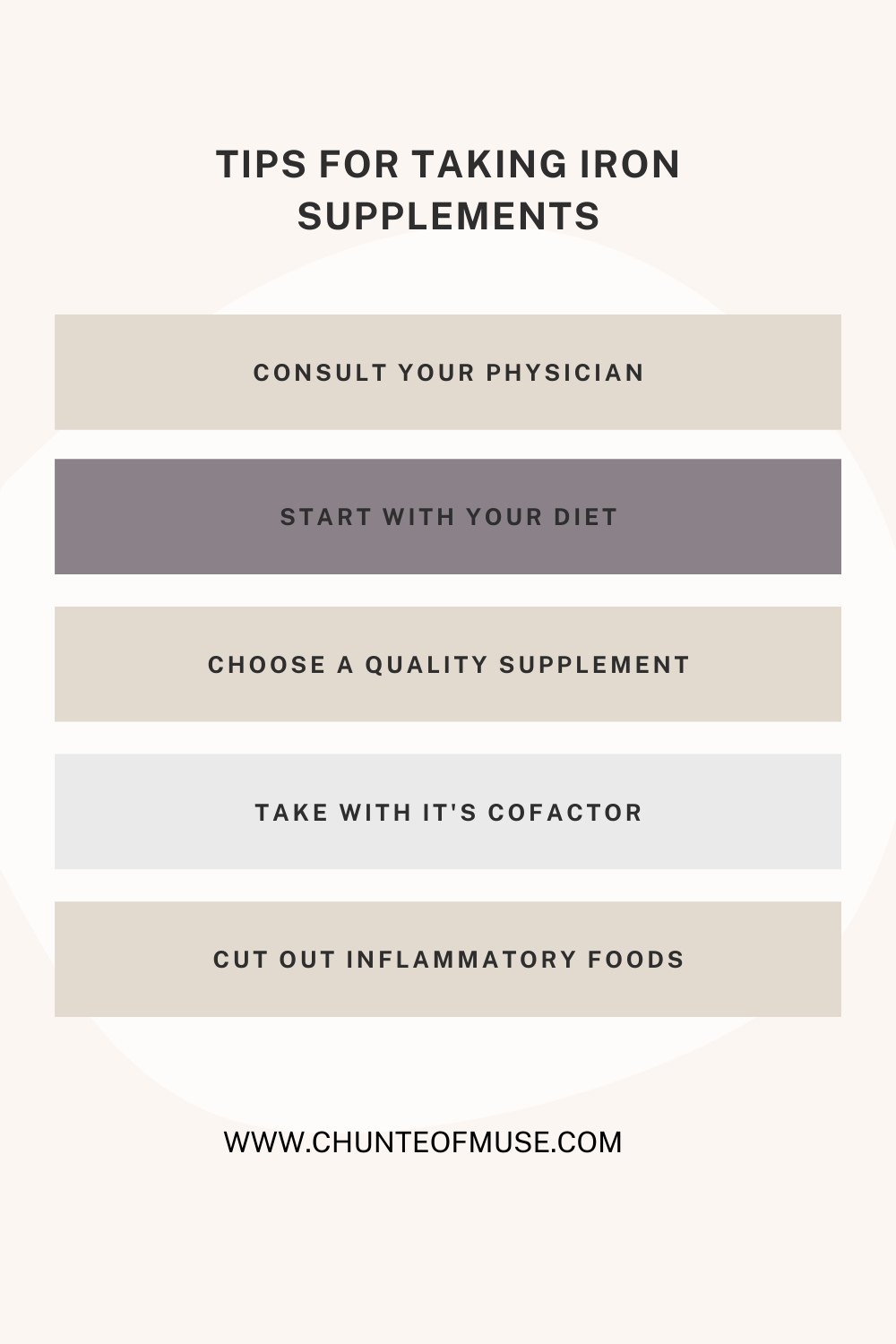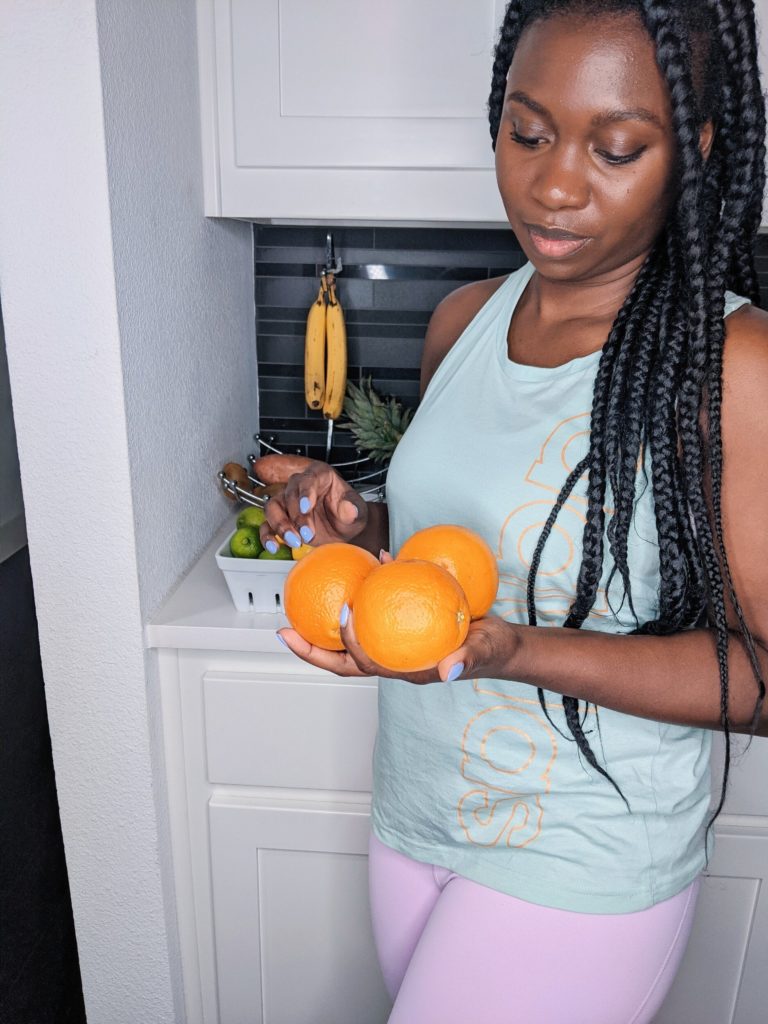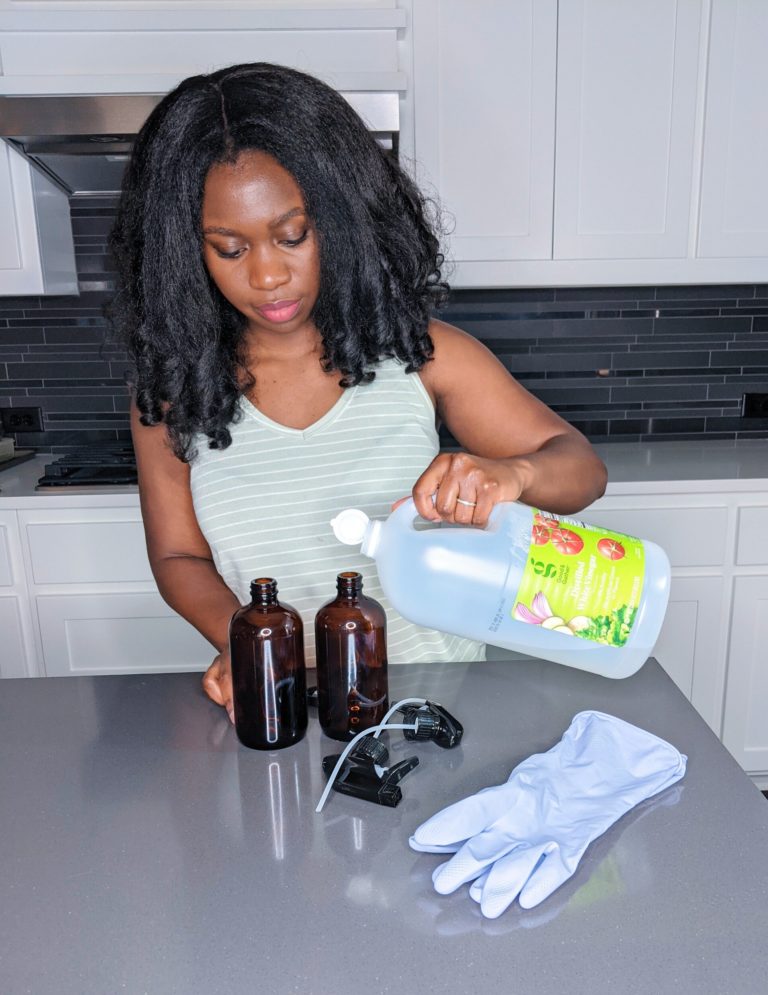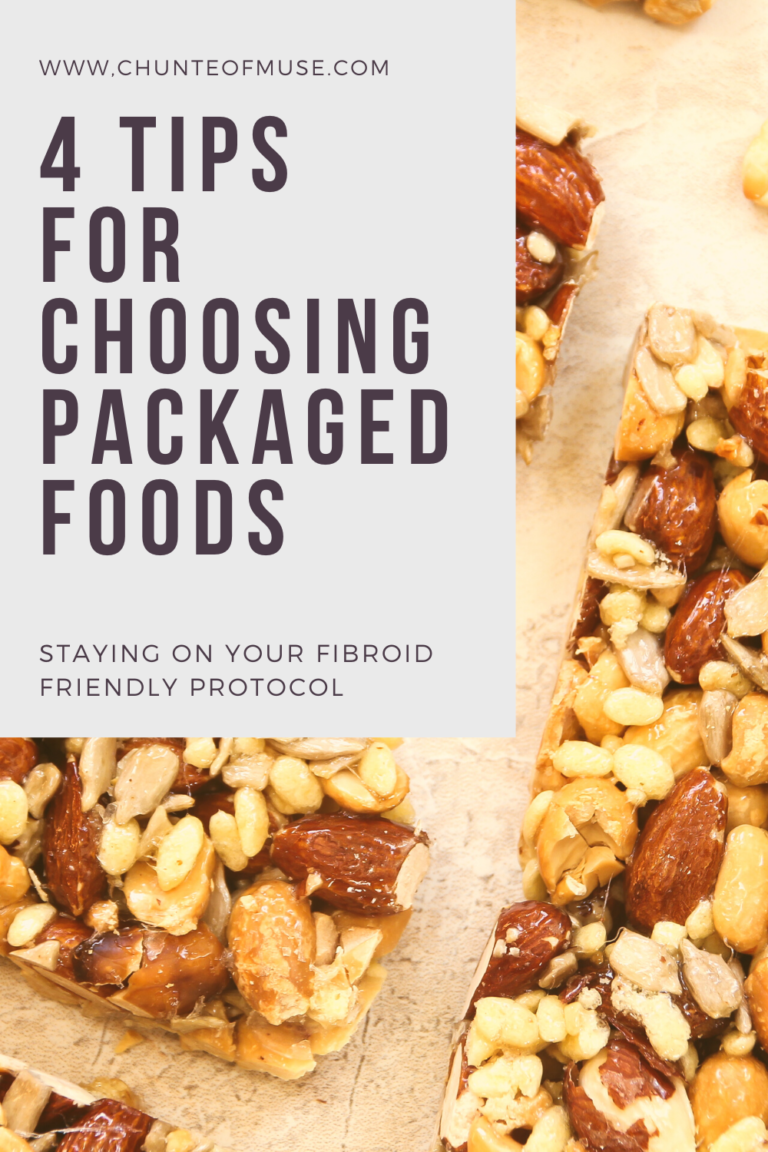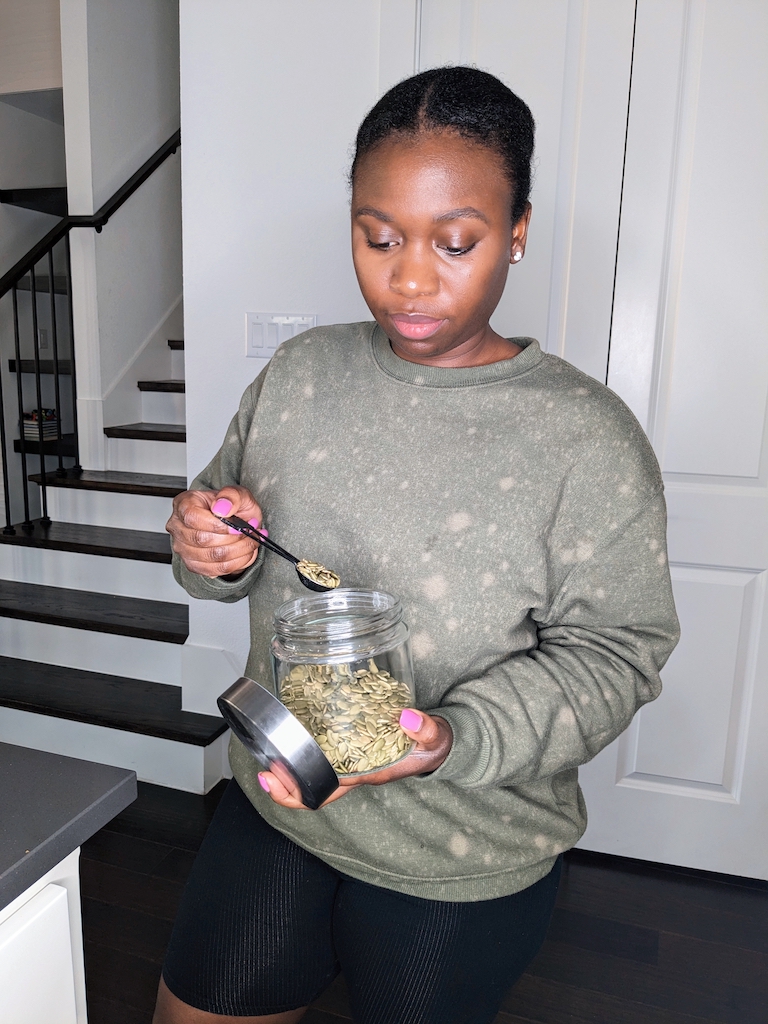How to Maximize Your Iron Supplement
Iron deficiency and/or anemia almost always accompany uterine fibroids. It is on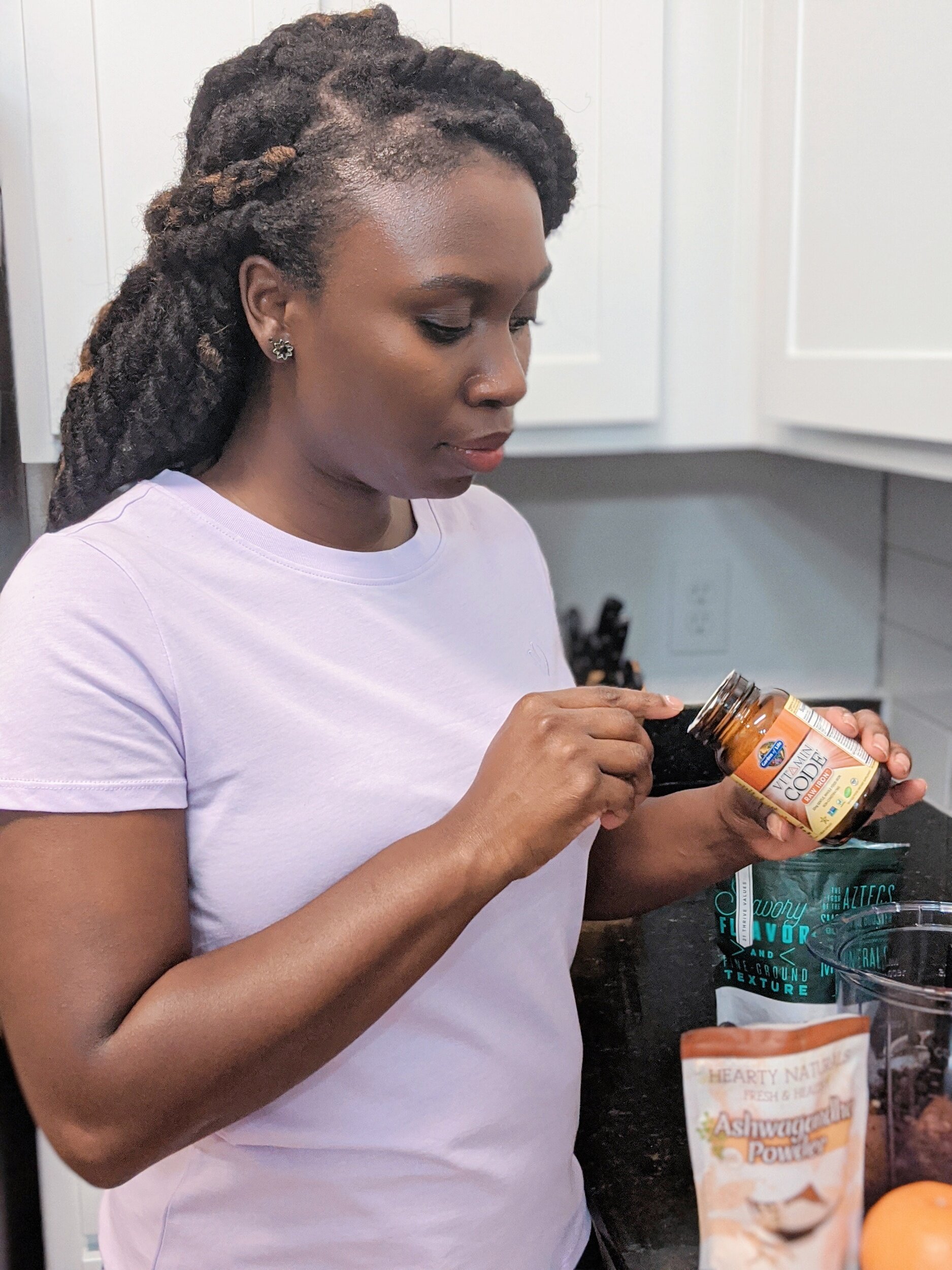 e of the most common fibroid symptoms.
e of the most common fibroid symptoms.
Heavy and/or prolonged bleeding can lead to severe blood loss which causes low hemoglobin levels or low iron levels. Symptoms can include acute to chronic fatigue, brain fog, forgetfulness, and dizziness.
Some women become so weak that they may experience fainting and dizziness or even end up hospitalized. If symptoms become extremely severe, a doctor may have patients do iron infusions.
Iron deficiency vs. Anemia
Although these two conditions are often used interchangeably, they are not quite the same. Anemia is caused by a lack of hemoglobin (too few red blood cells). Iron deficiency is when your iron levels are low.
Both conditions may be the result of low iron levels, but it is possible to have low iron without anemia. It’s important to discuss with your doctor which one you are experiencing.
5 Tips for Maximizing Your Iron Supplement
Supplementation often seems like a simple solution to remedying a vitamin or mineral deficiency, but I can’t tell you how many times I’ve had to switch iron supplements because they weren’t working for me.
Now I realize that there were some things that I could do to make my supplementation more effective. Here are some tips for how to get the most out of your iron supplement for maximum efficacy.
-
Consult your physician – This isn’t just my disclaimer. I think it’s important to know exactly where you stand before adding any supplementation to your diet.
Ask your doctor to explain your lab work and if it indicates low iron or low hemoglobin before adding a supplement to your regimen. There are several conditions and vitamin and mineral deficiencies that have the same symptoms as iron deficiency, so it’s important to be clear about whether this is the issue for you.
-
Start with a good foundation – Diet is the foundation for good health and should always be considered before supplementation. Discuss with your healthcare provider whether including more iron rich foods may do the trick.
It’s important to eat an iron rich diet, especially the week before and during menstruation with fibroids to offset the effects of heavy or prolonged bleeding. After diet has been addressed, the next remedy for iron deficiency or anemia is to supplement.
-
Chose the right supplement – All iron supplements are not created equal. Cheap or poorly made iron supplements are difficult for the body to absorb and often cause constipation.
Capsule formulas or liquid formulas tend to be easier to absorb and easier to incorporate. I like to open my iron capsule and drop the contents into my smoothies or you can put them in your juices.
-
Create the right pairing – Vitamin C helps with the absorption of iron. Some formulas come with this cofactor already added into the supplement.
You can add your supplement to your smoothie or take with a high vitamin C fruit or vegetable like an orange. Avoid calcium rich foods or caffeine when taking your iron. These can hinder the absorption.
-
Cut back on inflammatory foods – Foods or ingredients such as gluten, dairy, soy, peanuts or any other foods you may have a sensitivity to can increase inflammation in your gut.
The inflammation makes it difficult to absorb certain nutrients, including iron. Consider removing these foods from your diet to improve your body’s absorption of iron.
Finding the right iron supplement for your body may take some time and research. Here are a couple of high quality iron supplements that you may want to try:

